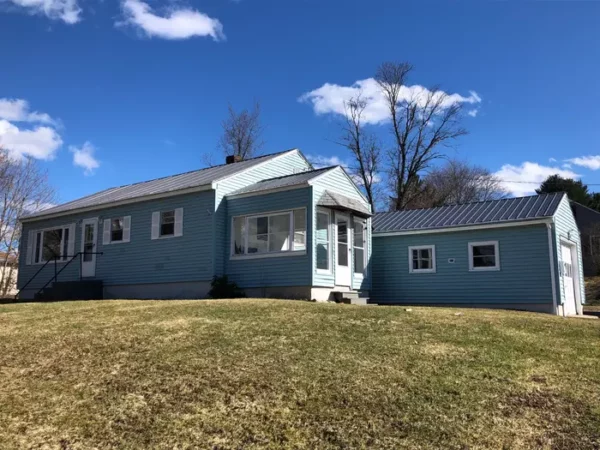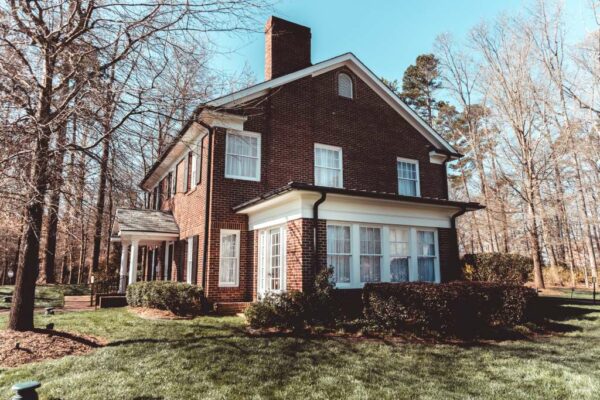How do you determine the selling price of a house ?
In the vast realm of real estate, particularly for those looking to Sell My House Fast Stockton determining the correct selling price is crucial. It shapes both the seller’s expectations and the entire transaction’s course. Overpricing could lead to a home that remains unsold on the market, while underpricing might diminish the seller’s potential profit.
The Science of Home Valuation:
Home valuation is an intricate synthesis of art and science. Its significance is underscored by the hefty financial stakes at play and the desire of sellers to optimize returns. Strikingly, there’s a delicate balance to maintain: while sentimental value can sway homeowners, the market often operates on raw, unembellished data. Thus, separating personal emotions from actual market value becomes a critical endeavor.
Comparative Market Analysis (CMA):
At its core, a Comparative Market Analysis, commonly known as a CMA, is an empirical tool used to gauge a home’s value. Its importance can’t be overstated, offering sellers a comprehensive look at the current market and comparable properties. Obtaining a CMA involves a meticulous analysis of similar homes that have recently sold within a vicinity, offering a roadmap to pinpointing a competitive and realistic house price.
Factors Influencing Home Value:
Several salient factors influence home value:
- Location and Neighborhood Appeal: A property nestled in a sought-after neighborhood or proximate to amenities can command a higher price. The age-old adage “location, location, location” still rings true, underscoring the premium buyers place on desirable locales.
- Property Size and Usable Space: Beyond mere square footage, the usability of space — functional layouts, spacious rooms, and the like — can elevate a property’s appeal and, consequently, its value.
- Age and Condition of the House: A well-maintained vintage home can be just as valuable as a newer residence. Nonetheless, periodic maintenance, renovations, and modern upgrades can substantially augment a home’s market value.
- Market Conditions: The ebb and flow of the economy, combined with the supply-demand dynamics, can inflate or deflate property prices. A seller’s market, characterized by limited inventory and high demand, often drives prices up, while the inverse can apply in a buyer’s market.
The Role of Real Estate Agents:
Real estate agents, with their vast experience and market insights, serve as invaluable allies in the pricing puzzle. They harness their expertise to advise on the right price point, drawing from a reservoir of market trends, comparable sales, and regional nuances. Moreover, there’s a distinct advantage in seeking such professional counsel, ensuring that emotions don’t cloud judgment and that the house is positioned favorably in the market.
Appraisal Value vs. Market Value:
While they might seem synonymous, appraisal and market values are distinct entities. An appraisal value is procured from a licensed appraiser and often employed during lending processes to safeguard a bank’s investment. Market value, on the other hand, represents the price a property might fetch in the current market environment, influenced by buyer-seller dynamics. Both values, though derived differently, contribute to an informed selling price.
Considering Future Growth:
A forward-looking approach can yield dividends. Potential buyers often consider the prospective growth of an area, its slated developments, infrastructure projects, and potential for appreciation. Sellers, too, should evaluate these long-term growth prospects, leveraging them as selling points and perhaps even justifying a higher asking price.
Setting the Stage: Home Staging and Its Impact on Price:
First impressions are often indelible. Home staging, the art of aesthetically enhancing a house for showings, can significantly sway buyer perception. A well-staged home not only accentuates its best features but can also expedite the selling process and potentially fetch a higher price.
Pricing Strategies for Selling:
In the tactical sphere of pricing, strategies abound:
- Psychological Pricing: Price anchoring, where a specific price point is set to influence buyer perception, can be an effective tactic. For instance, pricing a home at $299,999 instead of $300,000 might seem more appealing to potential buyers.
- High or Low Initial Price: While a high initial price can leave room for negotiations, it risks alienating potential buyers. Conversely, a low initial price might incite a bidding war but can also undervalue the property.
In the intricate dance of real estate transactions, especially for those wanting to Sell My House Fast Stockton, determining the selling price of a house is a monumental step. It requires a blend of research, introspection, and strategy. Continuous market research, combined with flexibility in pricing and a willingness to adapt, ensures sellers are poised for success.








